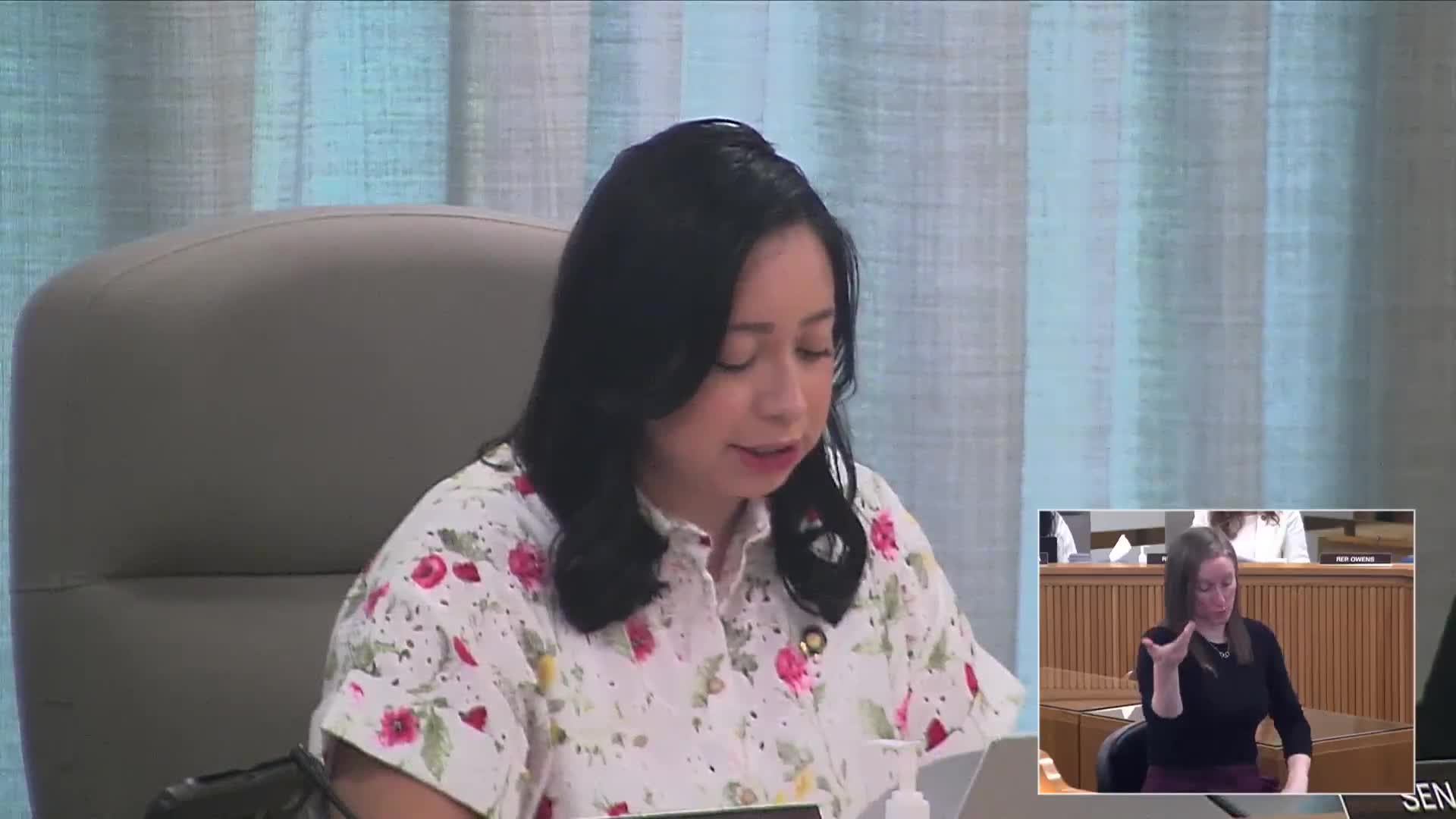Legislators accept Fish and Wildlife hatchery assessment, several members call for broader policy review
Get AI-powered insights, summaries, and transcripts
Subscribe
Summary
The Natural Resources Subcommittee reported that independent assessments found hatcheries provide net economic benefits but vary in climate vulnerability; several legislators said the report omitted broader policy questions about hatchery management and reservoir drawdowns.
The committee acknowledged a third‑party assessment of Oregon Department of Fish and Wildlife (ODFW) hatchery operations, sustainability and climate vulnerability and discussed next steps for investment and policy.
Representatives summarized the report’s findings: hatcheries provide a positive net economic benefit, climate vulnerability varies by location and species, and nearly all species in the region indicate future hatchery needs for mitigation, conservation or harvest augmentation. The assessment estimated hatchery-related expenditures totaled $80,000,000 in 2024 and included extensive public engagement and multiple contracts to cover varied expertise.
Several legislators said the report was a helpful first step but raised substantive policy concerns they felt were not fully addressed. Sen. Gerard contested a low rating for summer steelhead benefits and emphasized the species’ economic and recreational importance in his region. Another member criticized ODFW’s past decisions related to reservoir drawdowns and large removals of kokanee, calling those decisions an oversight that posed long‑term consequences for local communities and hatchery program goals. Multiple members urged additional investment and a broader policy review to align hatchery operations with conservation, harvest and treaty obligations; one member said a forthcoming fee increase for hunters and anglers could be tied to hatchery funding.
The Natural Resources Subcommittee recommended acknowledgment of the report and the Ways and Means committee accepted it. Members requested further legislative attention to investment and policy coordination for hatchery programs.
Why it matters: hatcheries support recreational fishing and some conservation goals; lawmakers signaled concern that past management choices and current funding levels could hinder long‑term sustainability.
The committee accepted the report and signaled interest in follow‑up legislation and funding discussions.
